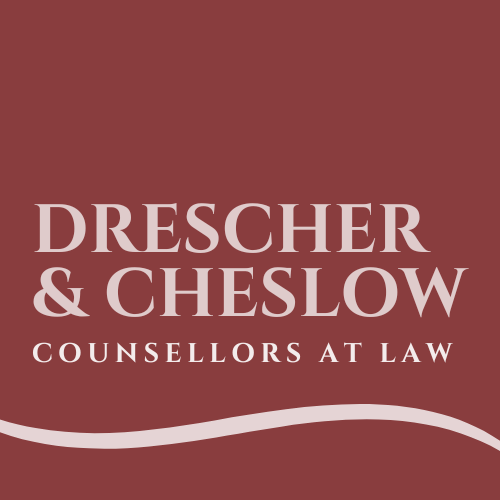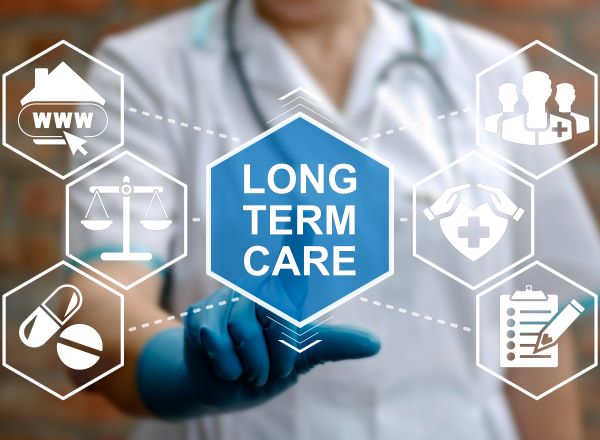On May 11, 2023, the Covid Public Health Emergency (PHE) was formally ended by the…

How to Give Care When You Need It Too
When Jeanette’s mother was hospitalized, Jeanette’s father begged her, with tears in his eyes, to take care of her mother if he ever couldn’t. Of course, Jeanette said “yes.”
Years later, when Jeanette’s father had gone and mother’s hearing and eyesight failed, she could no longer drive, and she had fallen several times, Jeanette remembered that promise.
Jeanette’s first step in keeping that promise is to make sure that if her mother hasn’t already done so, she should visit us, your friendly elder-law counselors. We will check to see that her mother has done the financial planning and powers of attorney that every adult needs, especially older adults, particularly those in her mother’s situation.
As Jeanette keeps her promise, she will join a community of millions who are taking care of aging parents. The challenge is enormous. Caregivers can feel the loss of freedom keenly. Family emotional issues left unaddressed for years, may re-emerge. Jeanette might be spending money she’s not sure she has. She can’t sleep for worry. She is wrestling with the demands of caregiving, at the same time she’s striving to meet commitments to her own family and workplace. Her or another family member’s health can act up. Time off from work is harder and harder to come by, yet she may face daily demands and frequent emergencies.
The great numbers of people in Jeanette’s situation pose a substantial public-health issue. Congress has recently passed the RAISE Family Caregivers Act, to establish a national strategy to provide assistance to so many of us.
It’s very important that caregivers also take care of themselves. Time-honored flight attendants’ advice is good here, too: Put on your own oxygen mask first. For advice on self-care and how to manage caregiver stress, visit the Mayo Clinic website, here.
Then, take full advantage of the numerous resources listed below. Remember:
Keep the home fires burning – but don’t you burn out yourself.
Area Agencies on Aging
https://www.n4a.org/caregivers
This is a national association of nonprofit agencies serving as a clearinghouse for information on public long-term support and benefits. Services include elder transportation, emergency assistance, respite care (temporary supervision of the elder to provide rest for the caregiver), individual counseling and support groups, and caregiver education classes and training.
Caregiver Action Network
http://caregiveraction.org/
This website provides advice organized by the stage of the process the caregiver is in, helpful care checklists, and advice on cost management and juggling work and family obligations with caregiving responsibilities.
Caregiving.com
https://www.caregiving.com/
Here find podcasts, a story-telling project, a directory of caregiving consultants, an extensive free webinar library covering numerous topics including “decision fatigue,” plain old fatigue, boundary-setting, respite care, and many others.
Family Caregiving Alliance
https://www.caregiver.org/
This is the first community-based nonprofit in the country to address the needs of families and friends providing long-term care for loved ones at home. The site provides information, support, and resources state-by-state, as well as sponsoring research initiatives for caregiver programs and policies.
National Alliance for Caregiving
https://www.caregiving.org/
This site provides a long list of resources, including government programs for family caregivers, care locators, caregiving calendar to coordinate group volunteer efforts, financial information, and organizations that address caregiving for specific conditions like cancer and Alzheimer’s.
Parenting Our Parents
http://www.parentingourparents.org/
Peer-to-peer networking, family coaching, videos, and website compendiums.
If you or a loved one is in need of legal assistance, please do not hesitate to reach out to us.
You can contact one of our offices by clicking here.



